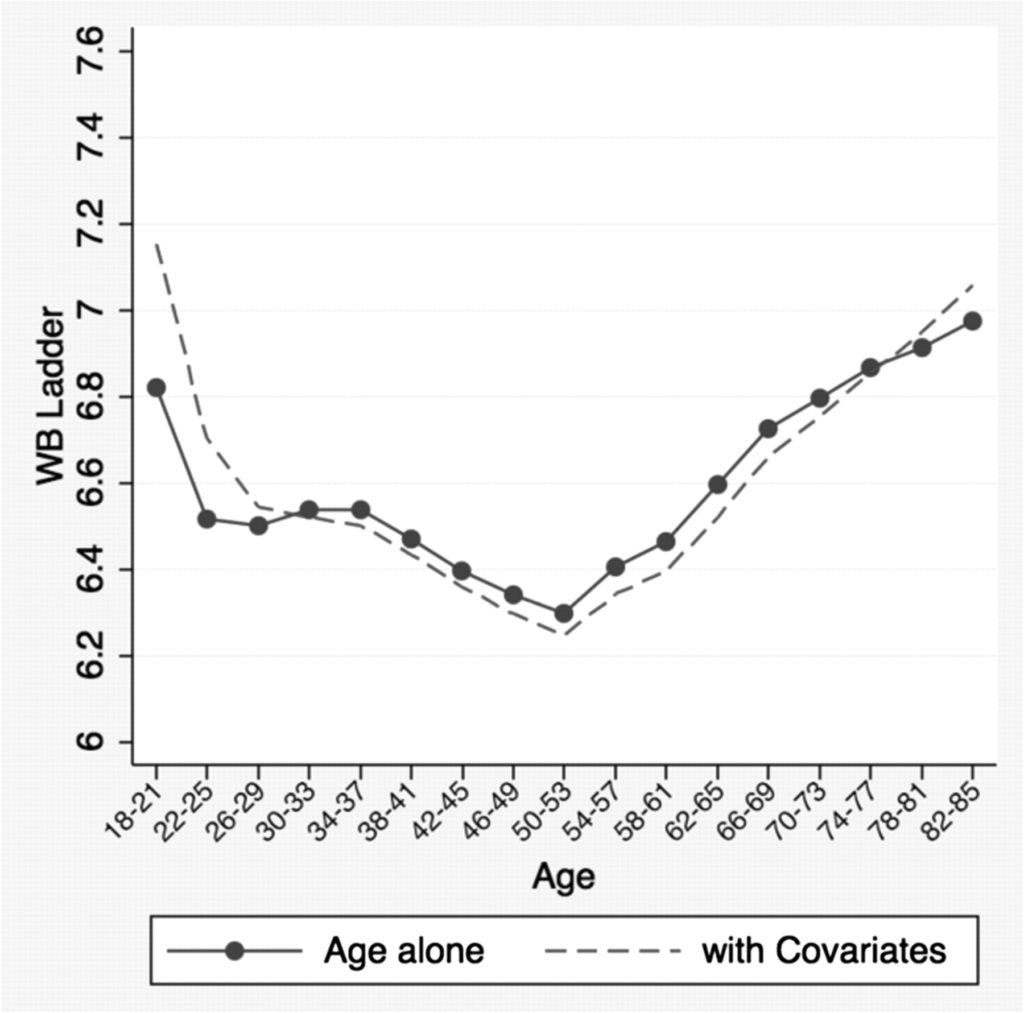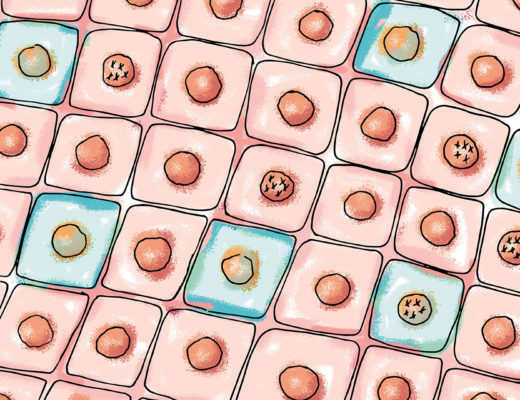Photo by Bruno Pascoal (@brunno_pt)
Everyone is different, yet we’re all searching for the same: happiness. Happiness is a vague and highly personal concept. Some people look for happiness in money and celebrity, others in work, self-fulfilment or love. But is happiness a pot of gold at the end of the rainbow? Can we really find happiness, or do we just feel happy at times? And what makes us happy?
Science can’t give us magical answers because there’s no one size fits all solution for something as personal as happiness. However, research can show us what makes most people feel happy, and there’s a good chance this will make us happy too. But let’s start from the beginning: what is happiness?
Because of its subjective nature, ‘happiness’ isn’t really a concept in science. Social scientists and psychologists study “subjective wellbeing”, which is defined as “a person’s cognitive and affective evaluations of his or her life”. And it’s tricky to quantify this. Scientists use questionnaires to measure how people feel about their lives at a given moment and then use statistics to calculate overall wellbeing in a population.
When are we the happiest?
You might be surprised to know that most people are very happy with their lives. A study based on a large UK survey, for example, showed that nearly 70% of people aged between 34 to 42 rated their lives seven or more on a scale from 0 to 10 (10 being ‘completely satisfied’). And if we look at how happy people are over the course of their lives, older people are the happiest. Several studies show that happiness peaks in our 70s! Are the 70s the new 20s? Let’s take a closer look.

At around 18 there’s a sudden plunge in happiness, research shows. This is when the age of innocence ends and we get a taste of the real world. In our twenties and early thirties, happiness remains stable, but then it drops again in middle age, until it reaches rock bottom at 50. So brace yourself for the late forties…
The fifties seem to be a turning point. Something magical happens and life seems to become much more enjoyable. Around 50 happiness levels shoot up and stress, worry and sadness plummet, studies reveal. Could it be wisdom? A few theories suggest that older people feel happier not only because they have more emotional intelligence but also because they’re better at controlling their emotions, in particular the negative ones. In other words, wiser people are more positive and as a result, they feel happier. It’s perhaps not surprising then that we reach our golden age in our seventies, when we’re at our wisest and still healthy (assuming you’re in a rich country of course, which is where most of these studies are conducted).
Middle life crisis- a convertible won’t fix it
What makes people miserable in middle age? Adulting. Although becoming a parent brings immense joy, having small children decreases life satisfaction quite a bit (although temporarily), probably because it’s a major life change that comes with unwanted side effects (extreme tiredness, conflict in couple, money stress …). Divorce could also explain the dip in happiness in middle age, as most marriages end around this time. There are other factors but they all seem to result in one thing: worrying.
The most miserable periods of our lives correlate perfectly to when we’re feeling the most worried, according to a US study in over 340,000 people. Surprisingly though, stress doesn’t seem to play a major role, as it peaks in the early twenties but then drops steadily.
So here’s our first clue for a happier life: not worrying. It’s easier said than done of course, but research shows that anxiety is a major cause of unhappiness. Which leads us to the next question: what makes us happy?
To be continued…
Further reading:
Clark, A. et al. “The Origins of Happiness” Princeton University Press (2018)
Stone et al. “A snapshot of the age distribution of psychological well-being in the United States” PNAS (2010)
Myrskyla and Margolis “Happiness: Before and After the Kids” Demography (2014)




